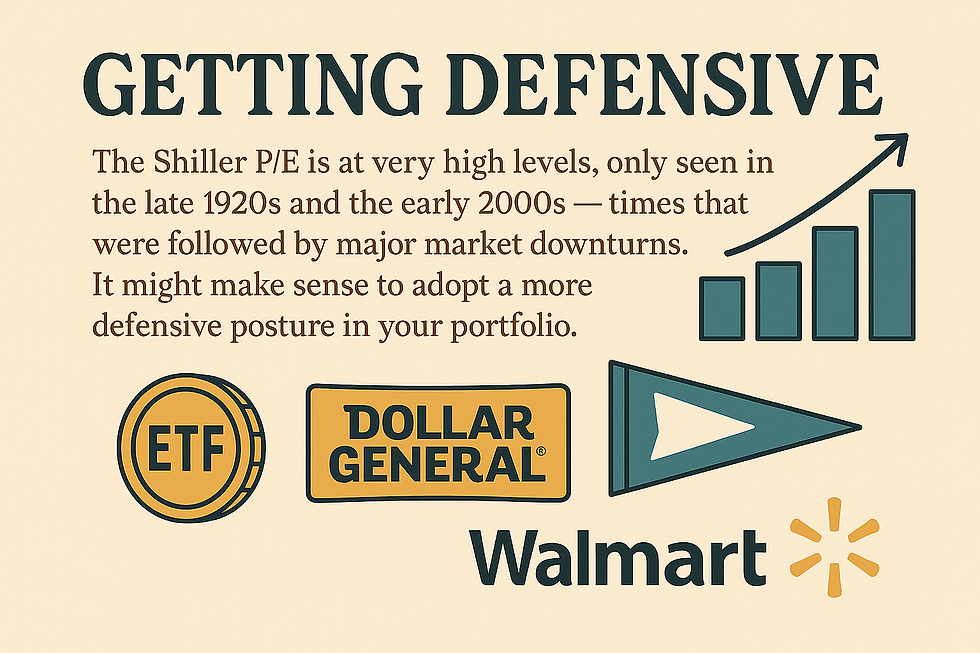The Problems with Financial Planners
- dimepop editorial staff

- Sep 23
- 3 min read

One of my first cases as an attorney still haunts me. I was representing the estate of a nurse who had died from a rare infection she contracted while working in a hospital. She was a single mom, and she left behind an 11-year-old daughter. Heartbreakingly, she had almost no money set aside for her child’s future.
It wasn’t because she was reckless. She had actually consulted a financial planner—let’s call her Jill Smith. But Jill never once suggested the simplest and most essential protection a single parent could buy: term life insurance. For a young, healthy woman, coverage could have cost just a few dollars a month and provided her daughter with meaningful financial security. Why didn’t Jill bring it up? Because term life insurance pays very little in commissions, if any at all.
Instead, Jill sold this woman a package of private partnership shares. These weren’t diversified funds or blue-chip stocks. They were illiquid, high-risk investments that couldn’t easily be sold when money was needed. And Jill did recommend them—for one reason: the commissions were sky-high.
This story is not meant to suggest that all financial planners are unscrupulous. I’ve met many who genuinely care about their clients. But here’s the uncomfortable truth: most financial planners are not trained to give you the best investment advice. They are trained to sell products—usually mutual funds or insurance-adjacent investments—from companies that pay them. Their training is often more about learning how to move those products than about helping you uncover the smartest investment options for your unique situation.
Here’s the problem: what’s best for you may not come with a commission attached. Maybe the best move for you is to buy a small rental property because you have the skills to maintain and manage it. Maybe it’s to pay down debt aggressively or load up your Roth IRA with low-cost index funds. But your typical commission-based planner is still going to steer you toward the mutual funds and products that keep their own paychecks healthy—even if those funds have steep management fees or underperform cheaper alternatives.
Now, there are planners who don’t work on commission. These fee-only advisors charge an hourly rate or a flat fee for their time. They can be a step in the right direction, since they’re not directly incentivized by commissions. But even here, the training problem remains. Many fee-only planners still default to recommending managed funds without always focusing on crucial details like cost, performance history, or whether those funds even beat a simple low-fee index fund.
The lesson: financial planners are not automatically fiduciaries acting in your best interest. Unless you’re very careful in choosing one—and in asking the right questions—you may end up with advice shaped more by incentives than by what will actually grow and protect your wealth.
💡 Key Takeaways: The Problems with Financial Planners
Incentives matter: Many planners earn commissions, so they may push products that pay them well instead of what benefits you most.
Training is limited: Most are taught to sell mutual funds and managed products—not to help you find the smartest investments for your situation.
Even fee-only planners can miss the mark: Paying by the hour or flat fee reduces conflicts, but many still default to costly, mediocre funds.
Bottom line: A financial planner may not always act as a true fiduciary. Always question their incentives and double-check whether their advice aligns with your best interests.



Comments